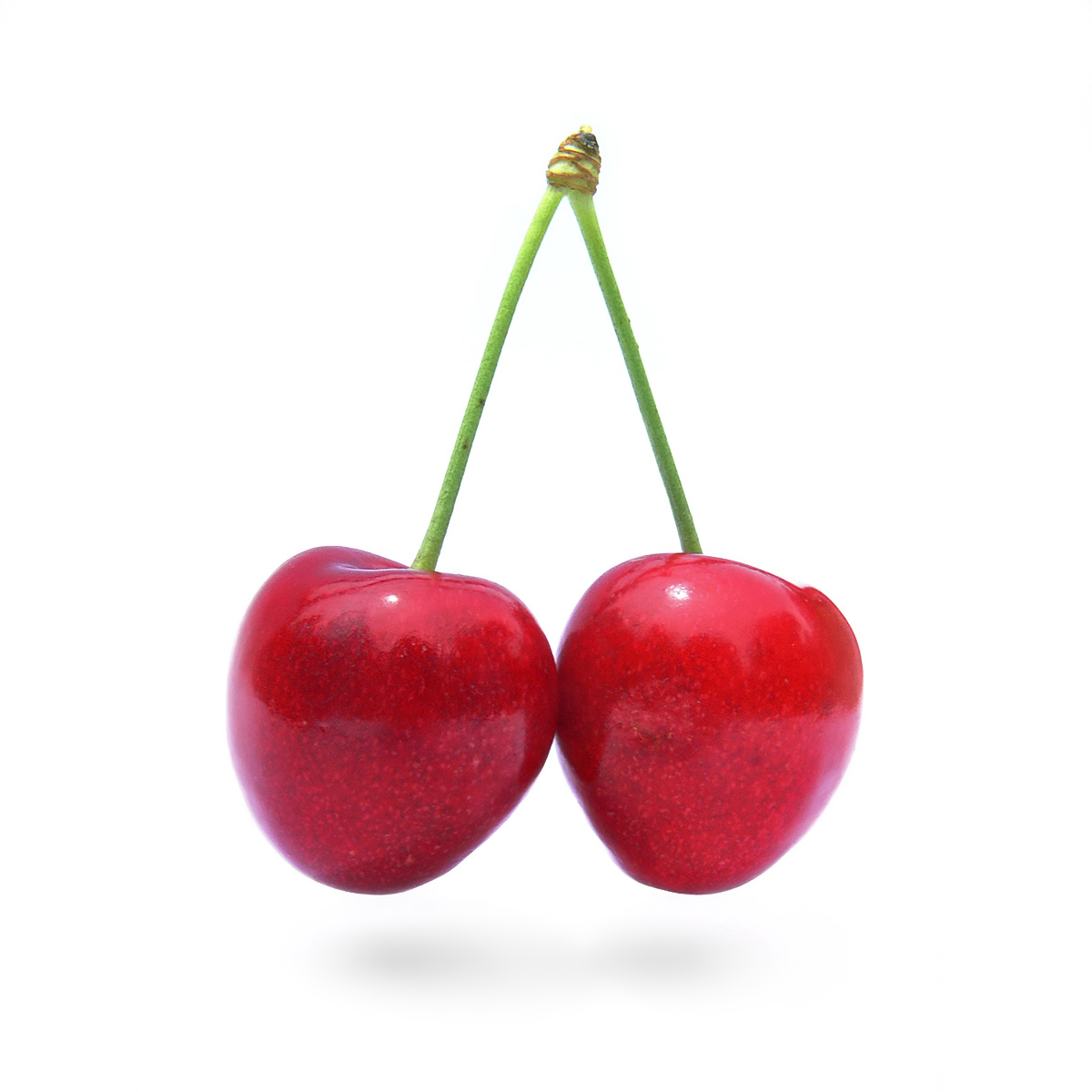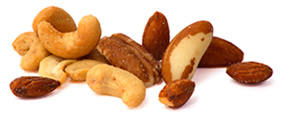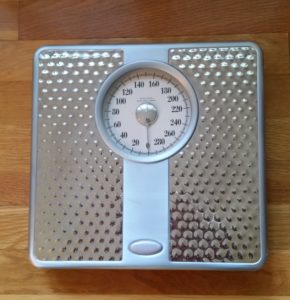 Another study reporting health benefits of drinking tart cherry juice, specifically in speeding recovery following prolonged, repeat sprint activity (think soccer and rugby). The researchers found that after a prolonged, intermittent sprint activity, the cherry juice significantly lowered levels of Interleukin-6, a marker for inflammation and that there was a decrease in muscle soreness. The study participants drank the cherry juice (1 oz cherry juice concentrate mixed with 100 ml water) for several days before and several days after the sprint activity. Montmorency tart cherry juice is a polyphenol rich food that is already used by many professional sports teams to aid recovery. From Medical Xpress:
Another study reporting health benefits of drinking tart cherry juice, specifically in speeding recovery following prolonged, repeat sprint activity (think soccer and rugby). The researchers found that after a prolonged, intermittent sprint activity, the cherry juice significantly lowered levels of Interleukin-6, a marker for inflammation and that there was a decrease in muscle soreness. The study participants drank the cherry juice (1 oz cherry juice concentrate mixed with 100 ml water) for several days before and several days after the sprint activity. Montmorency tart cherry juice is a polyphenol rich food that is already used by many professional sports teams to aid recovery. From Medical Xpress:
New study: Montmorency tart cherry juice found to aid recovery of soccer players
Montmorency tart cherry juice may be a promising new recovery aid for soccer players following a game or intense practice. A new study published in Nutrients found Montmorency tart cherry juice concentrate aided recovery among eight semi-professional male soccer players following a test that simulated the physical and metabolic demands of a soccer game .The U.K. research team, led by Glyn Howatson at Northumbria University, conducted this double-blind, placebo-controlled study to identify the effects of Montmorency tart cherry juice on recovery among a new population of athletes following prolonged, intermittent exercise..... many teams in professional and international soccer and rugby already use Montmorency tart cherry juice to aid recovery."
The study involved 16 semi-professional male soccer players aged 21 to 29 who were randomly assigned to either a Montmorency tart cherry concentrate group or a placebo control group. Montmorency group participants consumed about 1 ounce (30 ml) of a commercially available Montmorency tart cherry juice concentrate mixed with 100 ml of water twice per day (8 a.m. and 6 p.m.) for seven consecutive days—for four days prior to the simulated trial and for three days after the trial. Following the same schedule, placebo group participants consumed a calorie-matched fruit cordial with less than 5 percent fruit mixed with water and maltodextrin. The 30 ml dosage of Montmorency tart cherry juice concentrate contained a total anthocyanin content of 73.5 mg, or the equivalent of about 90 whole Montmorency tart cherries.
Montmorency tart cherry juice, compared to a placebo, was found to maintain greater functional performance, impact a key marker of inflammation and decrease self-reported muscle soreness among study participants following prolonged activity that mirrors the demands of field-based sports. While additional research is needed, the authors suggest the dampening of the post-exercise inflammatory processes may be responsible.
Across every performance measure, including maximal voluntary isometric contraction, countermovement jump height, 20 m sprint time, knee extensors, 5-0-5 agility, the Montmorency group showed better performance than the placebo group. Additionally, the Montmorency group showed significantly lower levels of Interleukin-6, a marker for inflammation, particularly immediately post-trial. Ratings for muscle soreness (DOMS) were significantly lower in the Montmorency group across the 72-hour post-trial period. No significant effects in muscle damage or oxidative stress were observed in either the Montmorency group or the placebo group. These data support previous research showing similar results for athletes performing marathon running, high-intensity strength training, cycling, and metabolic exercise.

 Studies have found that increased nut consumption has been associated with
Studies have found that increased nut consumption has been associated with  The study results of 218 overweight, postmenopausal women who had insufficient levels of vitamin D (like most people) at the beginning of the study found that weight loss (including exercise), in combination with vitamin D supplementation, had a greater effect on reducing chronic inflammation than weight loss alone.
The study results of 218 overweight, postmenopausal women who had insufficient levels of vitamin D (like most people) at the beginning of the study found that weight loss (including exercise), in combination with vitamin D supplementation, had a greater effect on reducing chronic inflammation than weight loss alone.